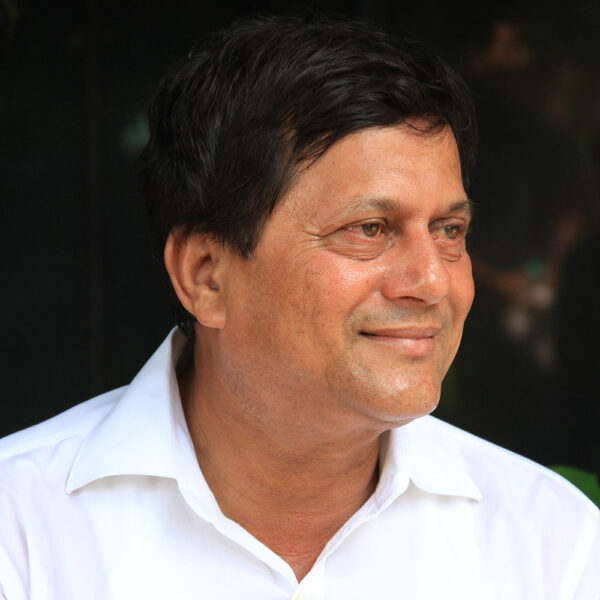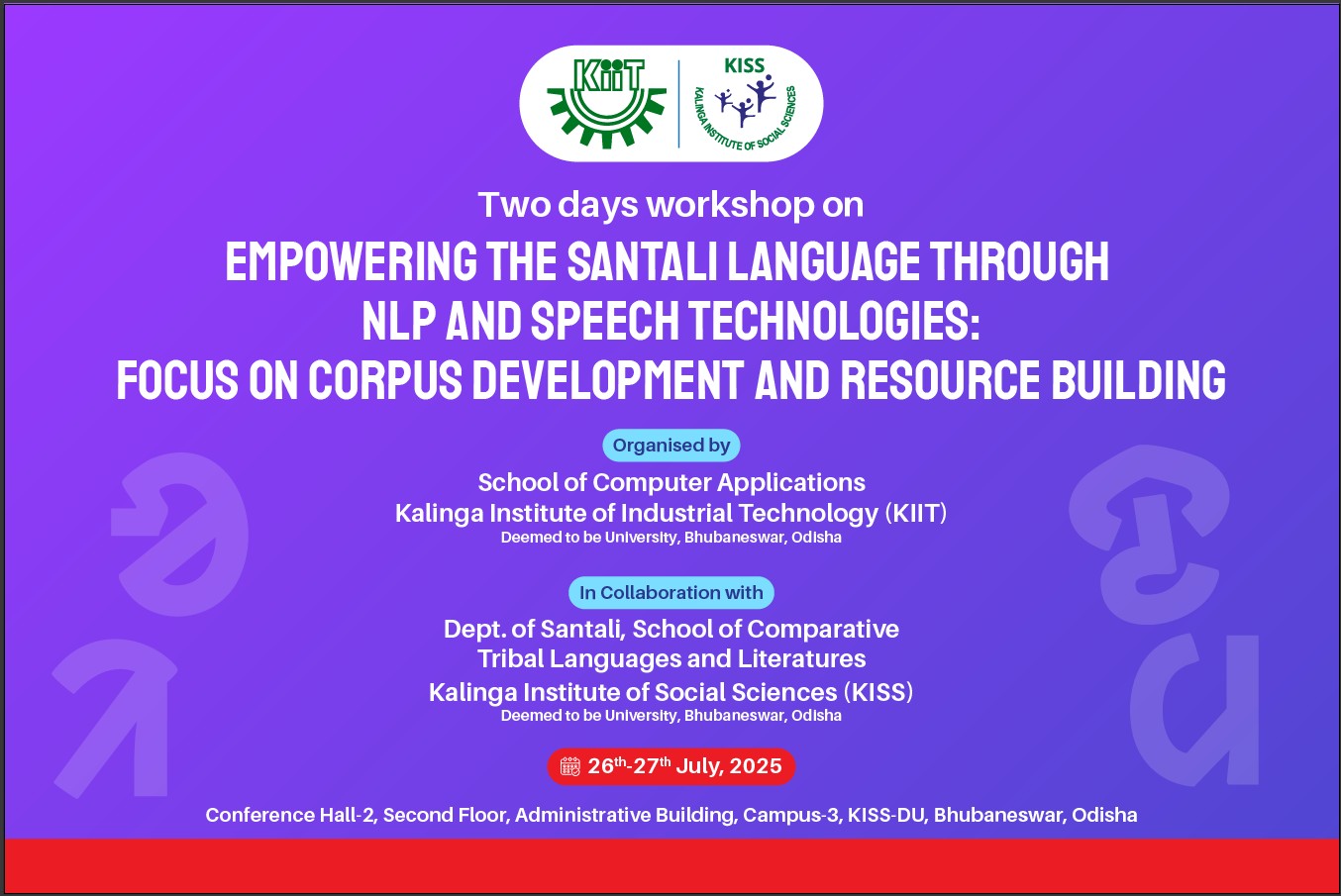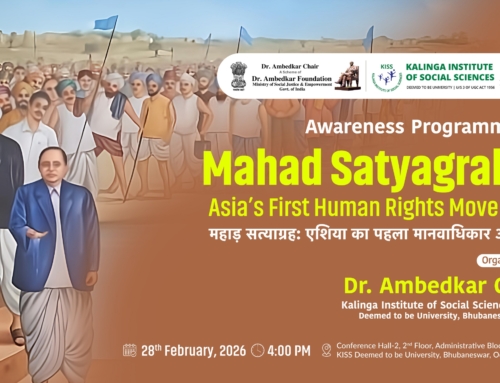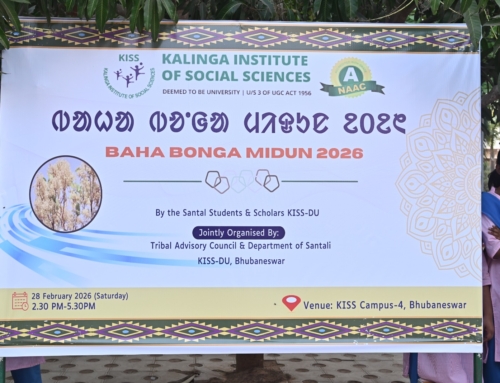The School of Computer Applications, KIIT-DU and the Department of Santali, School of Comparative Tribal Languages and Literatures, KISS-DU jointly organized a two-day workshop on “Empowering the Santali Language through NLP and Speech Technology: Focus on Corpus Development and Resource Building” on 26th and 27th July 2025.The event aimed to promote the use of modern computational tools and AI-driven technologies for the preservation and advancement of the Santali language, one of India’s major tribal languages. The workshop was organized under the KIIT KISS is One (KKIO) initiative. It brought together technologists, linguists, academicians, and students to explore the intersection of indigenous language development and cutting-edge digital innovation.
The workshop featured insightful sessions by industry leaders. Mr. Rudra Prasad Tripathy, Ex-Director at Capgemini India, who spoke on “Generative AI for Low-Resource Languages,” where he highlighted the opportunities and technical challenges of applying AI models to languages like Santali, stressing the importance of community-led data curation. Mrs. Namita Mishra, Senior Manager at VOYA India, spoke on “The Importance of Indigenous Language Technologies,” emphasizing how language tech can empower native communities, preserve cultural identity, and create pathways for digital inclusion. The inaugural session was graced by prominent academic leaders including Professor Debashis Bandyopadhyay, Vice Chancellor, KISS-DU; Dr. Prashanta Kumar Routray, Registrar, KISS-DU; Dr. Satya Ranjan Dash, Dean, School of Computer Applications, KIIT-DU; Mr. Kadey Soren, Deputy Director (Academics), KISS-DU; Dr. Chittaranjan Bhoi, Dean, School of Comparative Tribal Languages and Literatures, KISS-DU; and Dr. Naran Tudu, Head of the Department of Santali, KISS-DU, among others.
Throughout the two days, participants engaged in sessions that covered topics such as data collection for speech corpora, part-of-speech tagging, and speech synthesis tools, as well as hands-on training in annotation tools. Scholars and students actively participated in discussions on creating open-source Santali language resources, with a shared vision of preserving and digitizing the language for future generations. The workshop concluded with a collective resolution to strengthen collaborations between KISS-DU and KIIT-DU through data camps, research internships, and the development of digital linguistic tools. It marked a significant step in merging cultural heritage with technology, and reaffirmed the role of academia and industry in empowering indigenous voices through innovation.















